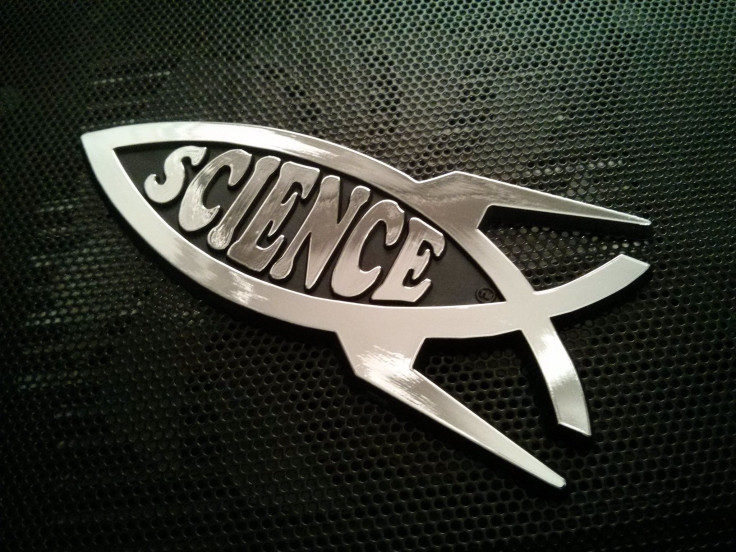Science And Religion Can Coexist: Not All Scientists Are Atheists, Survey Finds

In popular culture, most scientists are believed to be atheists, while the ones who do believe in religion are typically shunned or mocked. A new worldwide survey, however, paints a different picture — it found that many scientists aren’t atheists and some believe that religion and science can coexist.
"No one today can deny that there is a popular 'warfare' framing between science and religion," said principal investigator Elaine Howard Ecklund, founding director of Rice University's Religion and Public Life Program and the Herbert S. Autrey Chair in Social Sciences, in a press release. "This is a war of words fueled by scientists, religious people, and those in between."
For the study, Ecklund and her team used data from 9,422 participants in places like France, Hong Kong, India, Italy, Taiwan, Turkey, the UK, and the U.S. To ensure they were getting the most accurate answers possible, Ecklund and her team also traveled to these regions and interviewed 609 scientists. The scientists, who studied either physics or biology, were at various stages of their careers — some worked in large, wealthy institutions while others worked in smaller, less well-funded ones. The researchers hoped to learn how these scientists viewed ethics and religion, and how both intersected with their chosen career.
In general, scientists were less religious than the overall population in their region. There were two notable exceptions though. In Hong Kong, 39 percent of scientists interviewed said they were religious compared to only 20 percent of the city’s population. In Taiwan, meanwhile, 54 percent of scientists identified as religious, compared 44 percent of the country’s population.
Turkey was found to have the lowest percentage of atheists (6 percent), while nearly 85 percent of respondents said they believed in a higher power. In the United States, 35 percent said they were atheist, while 36 percent said they believed in a higher power. French scientists were found to be the least religious of any other country. They prayed the least, attended services the least, and an overwhelming majority of them said they were neither religious nor spiritual.
When it came to whether religion and science could coexist, Ecklund found there was only a small group of scientists per region that found the two to be in conflict. Thirty-two percent of scientists from the UK believed there was conflict, while all other countries fell below that number. Some of these scientists argue religion can coexist especially when navigating ethical gray areas.
“[Religion provides a] check on those occasions where you might be tempted to shortcut because you want to get something published and you think, ‘Oh, that experiment wasn’t really good enough, but if I portray it in this way, that will do,” a biology professor from the UK said, according to the release. Other secular scientists, specifically those in Asia — the birthplace of many of today’s mainstream religions — say religion allows them to maintain ties to their family history.
"Science is a global endeavor," Ecklund said, "and as long as science is global, then we need to recognize that the borders between science and religion are more permeable than most people think."
Source: Ecklund, E, et al. Religion among Scientists in International Contexts. Rice University. 2015.
Published by Medicaldaily.com



























